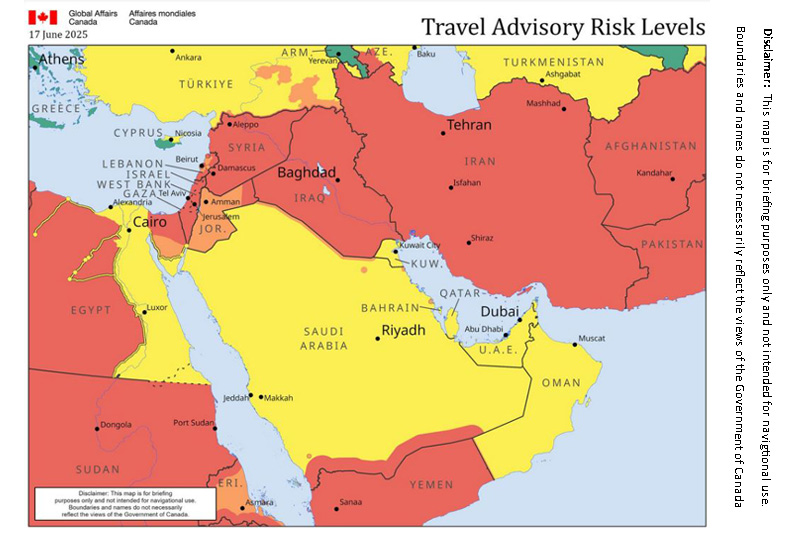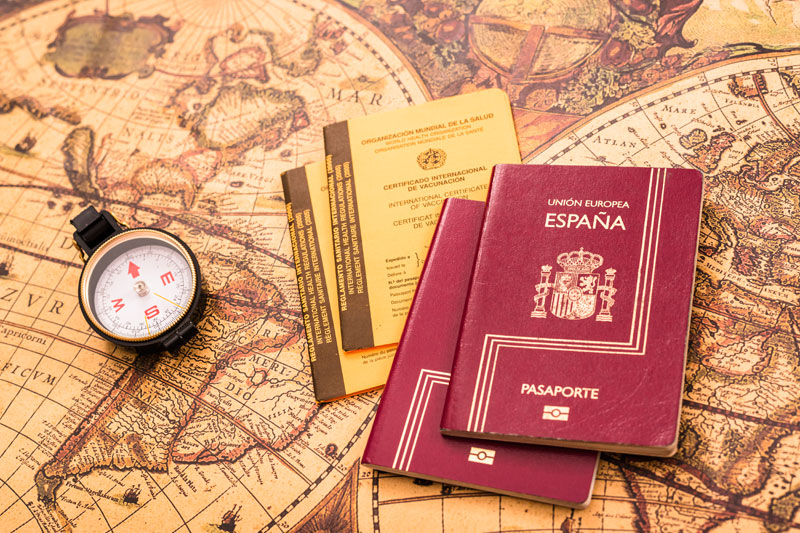
Travel advisory risks can derail your trip. Discover why ignoring them could jeopardize your safety and how to stay informed.
Travel is an exhilarating escape—a chance to discover new places, savor exotic food, and dive into unfamiliar cultures. But the adventure also comes with risks.
Take Craig and Lindsay Foreman, a UK couple who were detained in Iran after ignoring travel advisories. Or Dr. Kylie Moore-Gilbert, who spent over two years in an Iranian prison.
In today’s unpredictable world, staying informed isn’t just a suggestion—it’s essential for your safety and peace of mind.
What Are Travel Advisories and Why You Shouldn’t Ignore Them?
Travel advisories are government-issued warnings about risks abroad—political instability, health threats, or natural disasters. They may seem like a trivial checklist item, but ignoring them can turn a dream vacation into a nightmare.
Take COVID-19 border closures, Myanmar’s military coup trapping tourists, or Nepal’s 2015 earthquake that stranded travellers.
In high-risk areas, a solid emergency plan could be the difference between safety and peril.
For cruise passengers, hurricane season (June-November) brings unique dangers. Hurricanes can suddenly reroute ships or cancel itineraries, causing major disruptions. Ignoring these travel warnings puts your safety and finances at risk.

How to Understand Travel Advisories Worldwide
Countries issue travel warnings at different levels. A U.S. “Level 3: Reconsider Travel” warning is less critical than Canada’s “Level 4: Do Not Travel” alert.
It’s wise to review advisories from multiple countries—especially the “Five Eyes” (Australia, Canada, New Zealand, UK, and U.S.). This gives you a broader perspective and helps assess your risks.
But don’t just read the advisories—stay updated on news from trustworthy sources and adjust plans as conditions change. Experts agree: advisories guide your decisions, not dictate them.
Gene Petrino, co-owner of Survival Response LLC, told Travel + Leisure: “The U.S. State Department’s travel advisory system is a risk communication tool, not a mandate. They are broad-level assessments, not tailored to individual circumstances.”
Paul Stewart, founder of My Baggage, added that: “Level 4 advisories should make you think twice. Those are not taken lightly and usually mean very serious safety concerns.”
Traveling to risky destinations can also have financial consequences. Karen Taafe of CAA North & East Ontario shared with The Ottawa Citizen: “At Level 4, you absolutely cannot get insurance.”
“Even at Level 3, obtaining coverage can be complicated and may come with restrictions. Travelling without insurance, especially post-pandemic we do not recommend. It’s not just a nice-to-have; it’s essential.”
If Level 4 travel advisory is issued after your policy purchase, and before departure, you may be covered for trip cancellation. Some may provide coverage if the travel warning was issued after your arrival in the affected destination.
Legal Preparedness: Why You Need to Plan Ahead
Travel isn’t just about packing—it’s about preparing for the unexpected. The rise in aviation accidents (17 in 2024, 9 in 2025) shows that no journey is guaranteed smooth sailing.
Before you go, make sure your legal affairs are in order:
- Have key documents like a will, power of attorney, and healthcare directive.
- Update emergency contacts and legal contacts.
- Travel knowing you’re prepared for the unpredictable.

Travel Insurance: Are You Fully Covered?
Travel insurance is essential, but policies vary. Make sure your insurance covers:
- Emergency evacuations and cancellations related to government advisories.
- Risks like delays or missed connections.
- Stay updated—conditions change quickly.
- Read and understand the fine print carefully before signing. Some insurers offer a grace period for cancellations and refunds if the policy is unsuitable.
- Some trip cancellation policies have a waiting period before they activate.
- Consider third-party insurance, as it typically offers broader, more flexible coverage than what airlines or cruise lines provide.
Related: Travel Insurance: Do You Have Enough Coverage, and What You Need to Know?
Dual Citizenship: What You Need to Know Before You Travel
If you hold dual citizenship, check travel advisories from both countries before you travel. Some countries don’t recognize dual citizenship. This can lead to legal complications like fines, deportation, or detention if discovered.
In emergencies, carrying both passports can offer better access to consular support. For example, if you hold Canada and Philippine citizenship, Canada’s embassy may be easier to reach, especially if it has a consulate in your destination.
In some cases, the Canadian consulate may be more accessible and better equipped than the Philippine consulate.
Only carry both passports if required by the destination country’s entry or exit rules. Understand how dual citizenship affects visa and customs procedures to avoid unexpected issues.
Digital Customs and Immigration: What You Need to Know
Many destinations now require digital processing for customs and immigration. This often means filling out arrival cards online before you land. Countries are shifting to digital systems to streamline entry.
Missing this step could delay your arrival or cause issues at the border. Be sure to check if your destination requires this and complete any necessary forms ahead of time.
Travel isn’t just about packing—it’s about ensuring your safety and peace of mind in the face of the unknown.
Before you go, stay informed, secure the right insurance, and prepare legally. That way, you can step into your journey with confidence, knowing you’re ready for whatever comes your way.






































